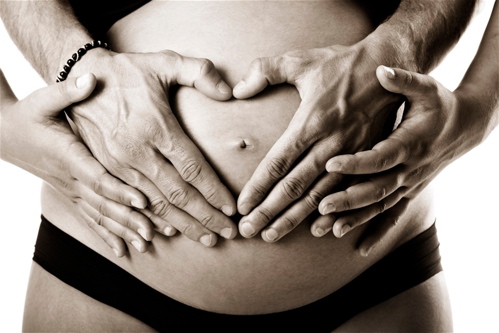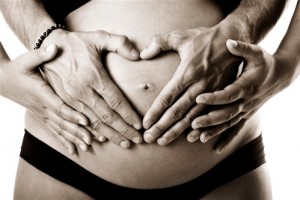
 It’s not a pleasant thing to think about, but infertility can be a long-term side effect of some types of cancer treatments. The same targeting action that kills fast-growing cancer cells can harm sperm and egg production.
It’s not a pleasant thing to think about, but infertility can be a long-term side effect of some types of cancer treatments. The same targeting action that kills fast-growing cancer cells can harm sperm and egg production.
For both men and women, age makes a difference. The younger you are, the more likely you’ll still produce eggs or sperm after treatment. Once you turn 35, your risk of infertility increases. The chemo drugs used also affect the outcome.
Cytoxan is considered the most dangerous to the ovaries, with Platinol and Adriamycin carrying medium risk. Cytoxan, Myleran, and Mustargen are listed as the most detrimental to sperm production. High overall doses of any drug are more harmful than lower doses. Combination drugs or newer drugs have fewer studies behind them, so talk to your doctor or a fertility expert to get the best information.
Radiation can also cause infertility. Treatments to the pelvis can affect the ovaries. Radiation near the testicles, or to the pituitary gland or hormone-producing areas of the brain can increase risk for men, as can surgery involving the removal of one or both testicles. Some men remain permanently infertile after treatment, while others regain normal sperm count six months to two years after treatment. Women, too, can experience a cessation of menstrual cycles for six months or more, before normal menstruation returns (if it does).
If you’re facing the possibility of infertility, there are many things you can do. First, talk to your doctor as soon as you’re diagnosed to assess your risk. If you want to take action to preserve your future family, you’ll need to do so at least two weeks before starting treatment.
Second, get help. A support group is your best option. Ask your doctor, nurse, or insurance company for recommendations. Online fertility message boards can also be a good way to interact with others in like situations. You can also look to Fertile Hope, a national, nonprofit organization dedicated to providing reproductive information, support and hope to cancer patients and survivors whose medical treatments present the risk of infertility.
Finally, weigh your options and take action. Men can bank sperm prior to treatment-sperm banks recommend 3-6 donations over a two-week period, and these donations can be stored for up to 50 years without damage. The sperm can later be used for assisted reproduction methods like intrauterine insemination (IUI). Many couples have been able to start families this way.
For women, it can be harder to preserve the chance of a future pregnancy, but not impossible. At least 50 U.S. medical centers now provide services that include egg preservation and harvesting as well as egg and embryo freezing. Freezing an embryo (a fertilized egg) is considered the more reliable method so far, but it requires a woman to have a current partner. The method has been used for years, however, and works for many couples.
What about single women? Egg freezing has traditionally has been less reliable, but that’s gradually changing. Similar to sperm banking, a woman’s mature eggs are removed and frozen before being fertilized, then transferred back to the uterus later. Thawing usually damages the egg, because of negative effects from ice crystals. But new research is showing that cryopreservation (where eggs are cooled quickly enough that damage upon thawing is less likely) has the potential to be more successful, and may offer single women more options in the near future.
Whether or not you are affected, doctors advise you to wait at least six months after treatment before trying to get pregnant. Your body needs time to recover, repair, and shed the effects of the drugs.
Did chemotherapy leave you infertile? Do you have any suggestions for others?
Photo courtesy of Snap Village.

